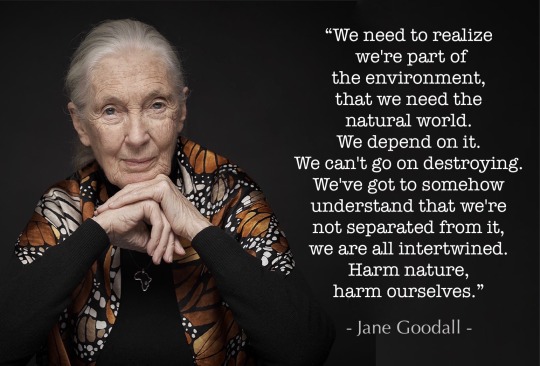#JANE GOODALL
Explore tagged Tumblr posts
Text
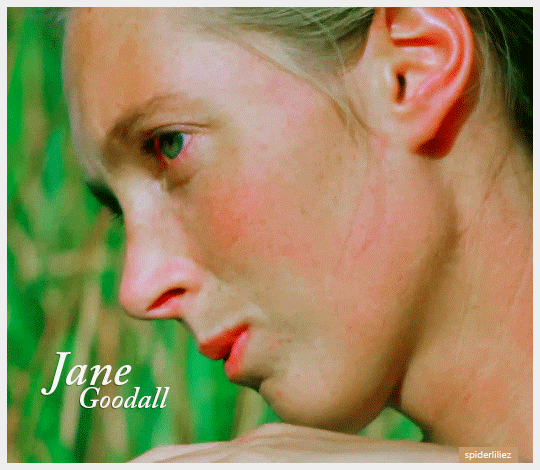
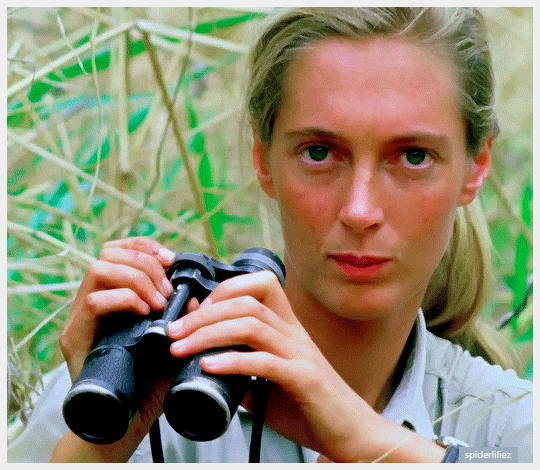
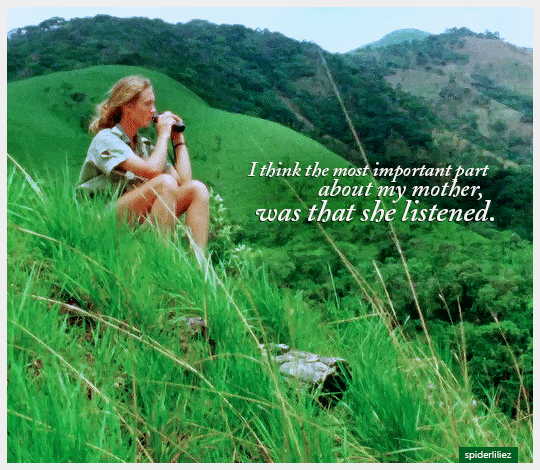
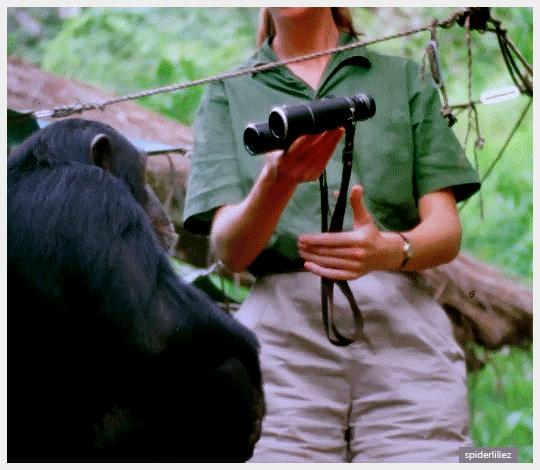
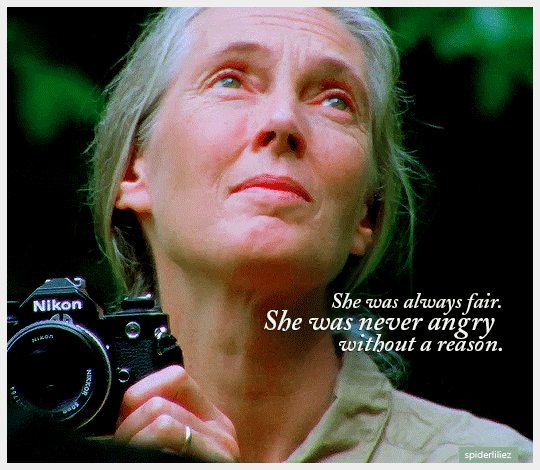
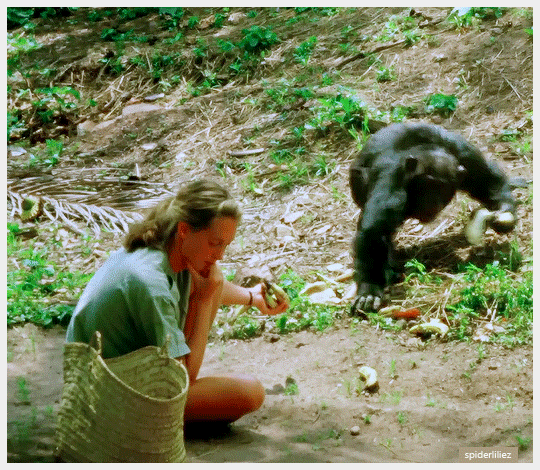
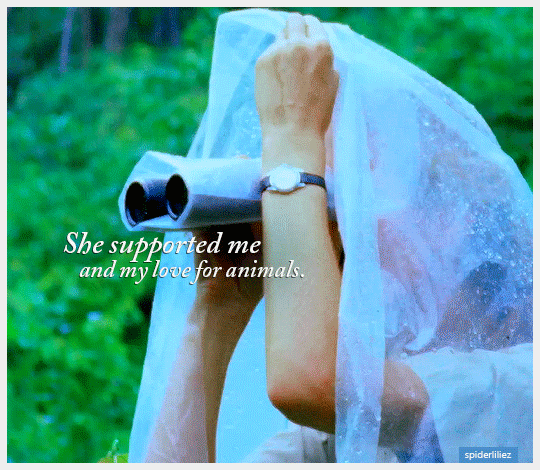
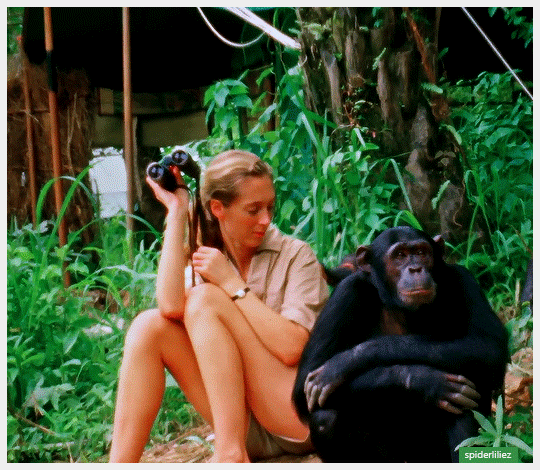
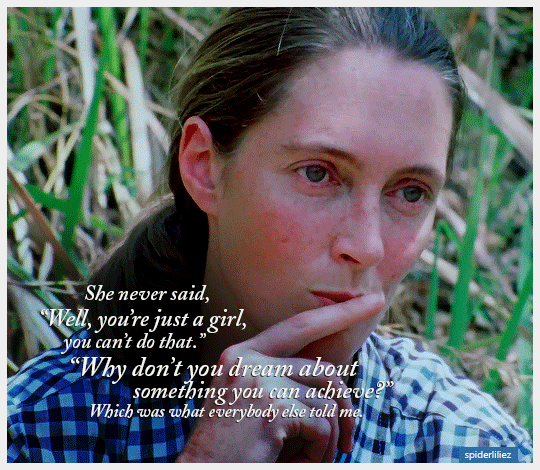
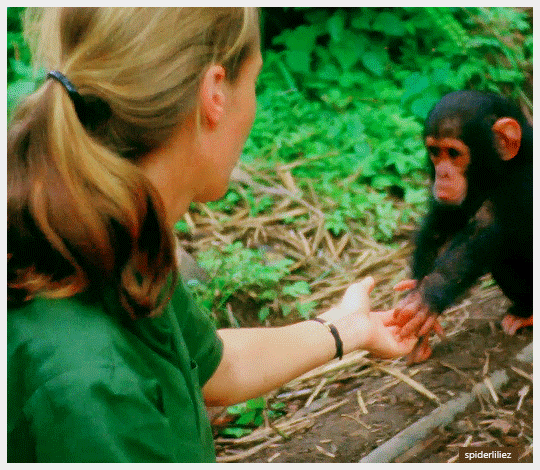
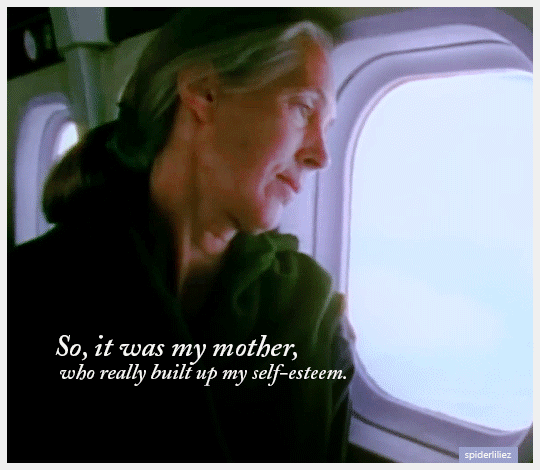
JANE GOODALL : AN INSIDE LOOK An intimate portrait of Dr. Goodall and her pioneering work The documentary draws from an extensive collection of unseen footage, totaling more than 100 hours, capturing Jane Goodall’s work in Gombe during the 1960s, meticulously filmed by Hugo van Lawick. Thought to have been lost, this invaluable footage resurfaced in 2014, providing a glimpse into Dr. Goodall’s groundbreaking research and the natural world she dedicated her life to studying.
[+] JANE (2017) 🌿
#HAPPY MOTHER'S DAY#MOTHER'S DAY#DAME JANE GOODALL IS MY HERO 💖#Jane Goodall#Dame Jane Goodall#Jane#An Inside Look#National Geographic#Gombe#Tanzania#Africa#Jane Goodall Institute#Roots & Shoots#Quotes
675 notes
·
View notes
Text
This scene...
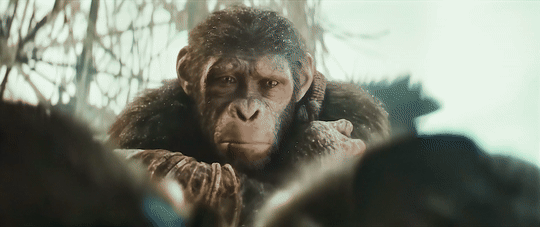
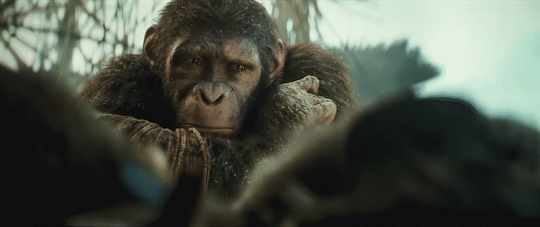

Noa mourning his dad was so heartbreaking to see. I was expecting him to cry like a human would. But him kneeling and curling up like a ball, The way his eyes shift thinking and taking it all in and silently shedding tears was so impactful. The silence was loud! 💯
Turns out Owen did some research on how Chimpanzees understand the concept of death and how they mourn.
and it made the scene more heartbreaking! I love that they're giving alot of thought into bringing Noa to life. Its just perfect. 👌
#kudos to such an impactful performance#the first time I watched it I had my hand on my mouth the acting was beautifully done#kingdom of the planet of the apes#planet of the apes#owen teague#freya allan#noa#mae#pota noa#pota mae#koro#pota koro#scene breakdown#bts#pota#kotpota#jane goodall#wes ball
931 notes
·
View notes
Text
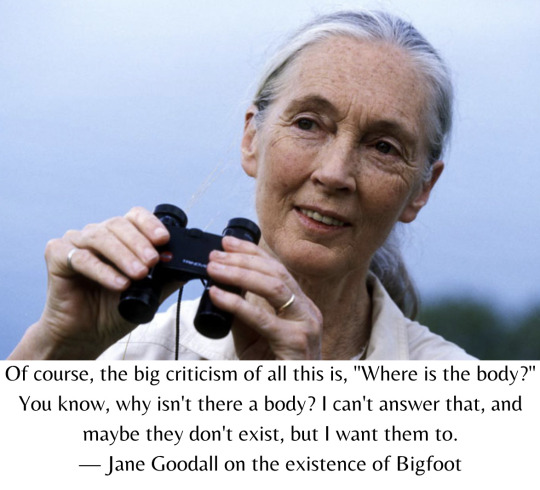
490 notes
·
View notes
Text
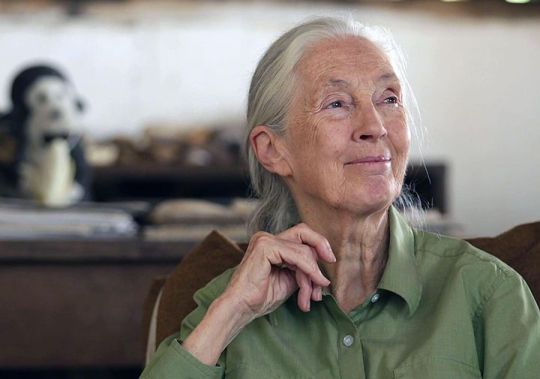
“My next great adventure, aged 90, is going to be dying. There’s either nothing or something. If there’s nothing there’s nothing, that’s it. If there’s something I can’t think of a greater adventure than finding out what it is. I happen to think there is something because of the experiences I’ve had, because of experiences other people have had. Very powerful ones.”
~ Jane Goodall
[Thanks Ian Sanders]
105 notes
·
View notes
Text

Jane Goodall and her family of Chimpanzees
Gombe, Nigeria
1973
#vintage camping#campfire light#gombe#nigeria#1970s#chimpanzee#jane goodall#research camp#history#70s
907 notes
·
View notes
Text

Female photographers celebrate Jane Goodall’s 90th birthday
“The Sound of Ice”
By Tamara Merino
28 notes
·
View notes
Text
So, I've been reading 'Seeds of Hope' by Jane Goodall, because I am curious to what other people are saying about plants, and this book truly delivered. I've been introduced to some past plant drama in the world and that was incredible lore that should have been taught in history.
Apparently, when people first discovered tulips, they were so intensely valuable and popular, that people would trade huge amounts of money, diamonds, or even acres of land, for just one bulb. People were pre-paying for bulbs that didn't even exist yet, they would pre-order bulbs that are not yet even made. One servant ate a bulb thinking it was an onion and he got jail time for it. And I mean they're all correct, tulips just are that good.
There was also a lot of, much sadder drama about orchids; I didn't know this, but they originally grow very high up in the trees, and people were competing for discovering new and rare species. These rare and exotic species would then be displayed in rich people's gardens. Because they became so valuable, poachers would go trough the forests and take almost all of the orchids in there, making them near extinct in nature. This was resolved by orchid gardeners carefully growing them, multiplying and sharing to the point where they were sold commercially, which lessened their value on the black market, so there was no need to pillage them from the forests anymore. Growing rare plants is protection of them!
The book goes on to talk about botanic gardens, herbariums, and the value of collecting and archiving plant material, which is then showing us the effects of climate change, and stores valuable information about what is happening to the plants. It made me want to start a herbarium for sure, I'm always stressed about the loss of local plants, and it's happening more and more as green areas are cleared out.
The book touches upon plants that people have found harmful, such as plants that people make drugs out of; she clears it out to us that these plants are sacred to the native people who grew up with them, and creating drugs from them is in fact, abuse of these plants, and offensive to the communities who hold them sacred, and use them in appropriate doses as medicine. The book talks a lot about plant medicine! Apparently the pharmacy companies have been learning the knowledge about medicinal plants from native people who knew how to use plant medicine, and then the pharmacy would make medicine from those same plants, and profit off of it, without giving any credit or profit to the communities they got this knowledge from, which is not great. But then the demand for this medicine would go so high, they would go and gather all, or almost all medicinal plants from the areas where native people lived, devastating their medical supplies and natural habitats. Book goes on to question the ethics of acquiring medicine in this way, and never informing people where it came from, or what was sacrifices in order for the world to have it.
Similar things happened with valuable crops that are grown in native areas; once the demand for these crops grew, big monocrop fields were established, damaging the land and the local ecosystem, killing millions of animals who lived there, and sometimes forcing people or children into modern slavery, in order to grow them. Coffee, cocoa beans, vanilla beans, palm oil; they've been described as specifically devastating for the communities and the environment. But the book doesn't condemn these foods at all, instead the author goes on to describe, what has been done to improve this. Instead of monocrops, which are devastating for the environment, people are now taught to grow fruit trees in the same fields as coffee, which makes the coffee plants healthier and stronger, and creates and environment where some plants and animals can thrive. I personally don't believe you should have only 2 or 3 plants in a big area, I think you need about 3 millions, but it's a progress from monocrops.
The author describes finding and helping the local farmers who found ways to healthy, natural and non-damaging growing of these plants, and she helped them sell it! She also encourages buying organic food because it helps if the demand for non-monocrop food is growing.
Now there's a section of the book standing strongly against GMO foods, and for some reason I never heard any arguments against gmo, I didn't understand much about the harm coming from them, so I was very curious to hear this. The author explained how 47 million dollars was spent just for lobbying for GMO, which explains why all my information on gmo was positive, and I remember hearing it was 'the best way to reduce world hunger', but the world hunger is still a problem, so it obviously did not succeed. But now I have a better understanding of what it is.
GMO foods were specifically developed to have pesticides inside of them, so they'd be poisonous to pests, but not to people eating them. The research on whether they're poisonous to animals showed that the animals who ate them long term, had their inner organs irritated, enlarged, stomach infections, and had higher risk of cancer. So it was not proven to be safe, but it ended up in the stores anyway; the author says that about 70% of food in american supermarkets has unlabelled gmo, which is scary to think about. She also explains that this is the reason so many people in america are now trying to grow food at home, they don't want to be poisoned by pesticides.
GMO foods were specifically designed to support monocrops, and to protect them pests; this worked out in creating more and more bugs that are resistant to the pesticides, and farmers have reported the appearance of 'superbugs', which are resistant to any kind of pesticide. There's now also 'superweeds', which are resistant to herbicide. The industry is trying to develop new pesticides and new herbicides, in order to counter these new problems, but it is obvious that they're only sinking deeper and deeper; monocrops are unsustainable. Poisoning the earth and the plants, and even the seeds, is not going to lead to the end of world hunger. Farmers are often ending up losing their entire farms due to new bugs that are now thriving because all of their competition has been eliminated by pesticides, they're now the only bug and they can eat up the entire crop easily.
The other problem of GMO crops is that they're spreading their seeds and mixing with the natural crops, making them into GMO crops as well. According to the author the canola crops has already been lost, now all canola existing is genetically modified.
I'm dissatisfied with this knowledge, but it's better to know and be aware rather than to be in the dark. The author suggests designing living spaces that have gardens in them, and encouraging local community to garden, as well as planting city gardens, where food would grow for everyone. She goes on to describe the efforts of universities and cities who already had built their own living gardens in order to support the community, and how it worked to create a more beautiful, life-sustaining, happier place. She even explained how having local gardens makes the crime rate lower.
I loved this book, it had the environment awareness that can only be compared to Greta Thunberg's book, it described trees and plants so lovingly, and the connection people have with them. It showed me there's so many people fighting to save the forests and grasslands and native plants, and it's an effort that will make a big difference to how we get to live on this planet in the future.
#jane goodall#seeds of hope#book review#reading#environmentalism#climate change#gmo#gmo foods#monocrops#gardening#environmental
66 notes
·
View notes
Text
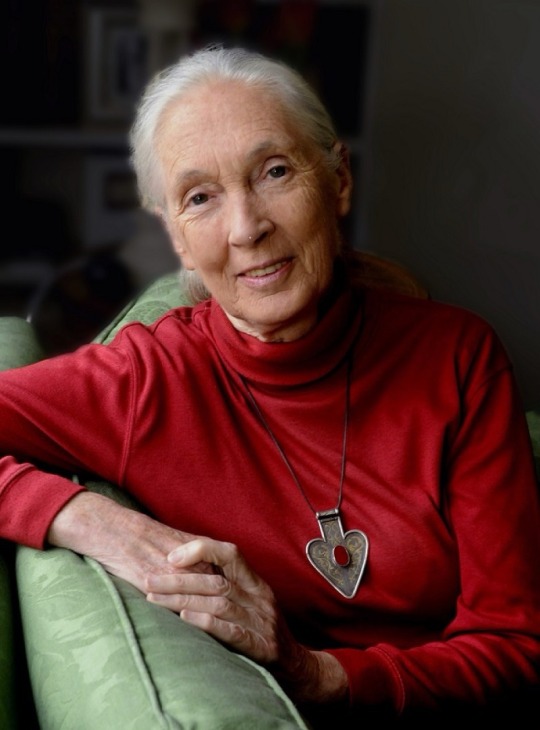
Happy 90th Jane Goodall
71 notes
·
View notes
Text
Good news for animals in captivity in Canada!

The Jane Goodall act was introduced to the Canadian senate originally in 2020 and again in 2022. It represents some of the strongest legislation for animal protection in the world for species and contains new legal protections for captive big cats, bears, wolves, seals, sea lions, walruses, certain primates, and dangerous reptiles, such as crocodiles and giant pythons. If it passes, the bill will:
Phase out elephant captivity in Canada. Elephants are complex and intelligent animals that require large social groups and often do poorly in captivity, so this would mean an effective end to the practice nation wide.
Ban new captivity at roadside zoos for big cats, bears, wolves, seals, sea lions, walruses, certain primates, and dangerous reptiles. No more private owners profiting off of wild animals kept in unethical conditions!
Require permits for individuals and organizations to acquire or breed big cats and other species.
Create a new designation for Jane Goodall Act ‘animal care organizations,’ including zoos, aquariums and sanctuaries. An effective form of accreditation to make it easier to support appropriate care for captive animals.
It would also support action against wildlife trafficking and improving the conditions of animals currently in captivity. Read more about the act here.
As of June 8, 2023 the bill has passed its first vote in the Senate.
168 notes
·
View notes
Text

Happy 90th birthday to Jane Goodall (b. 3 April 1934)
58 notes
·
View notes
Text
A Very Happy 90th Birthday to Jane Goodall!

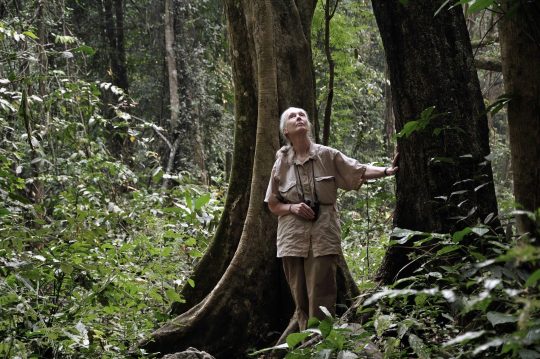
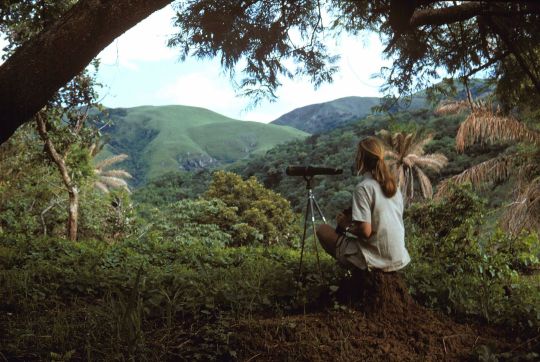

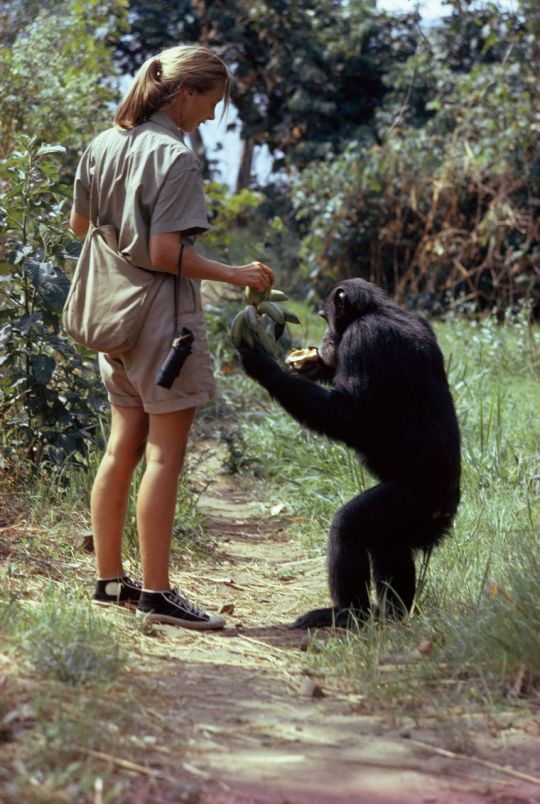
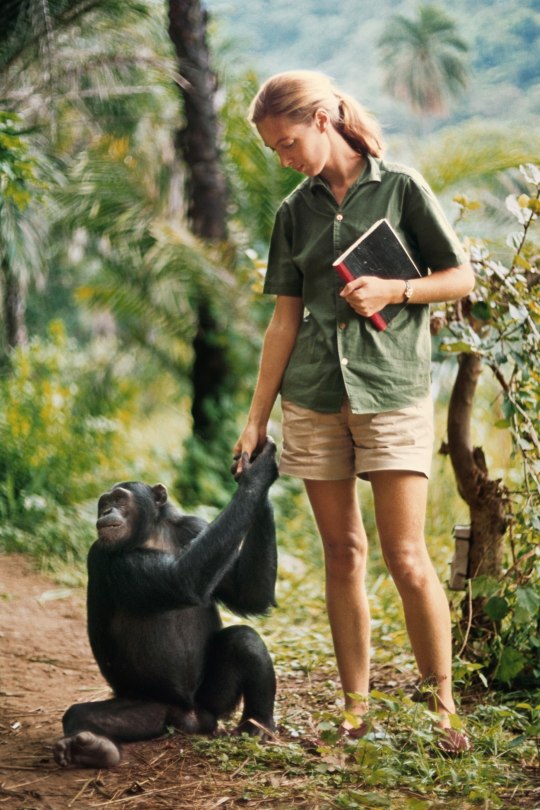
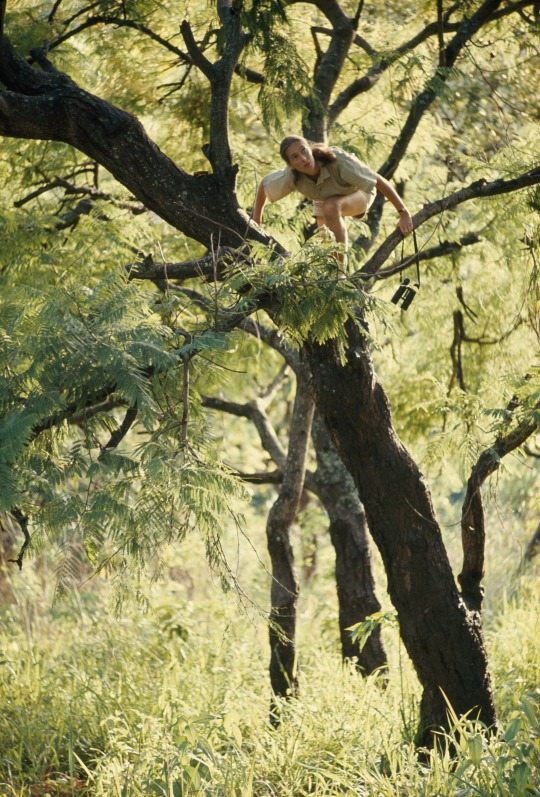

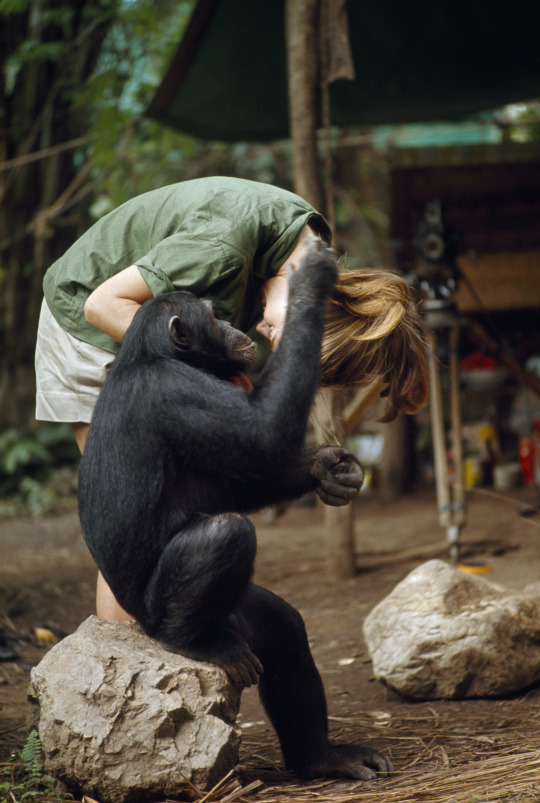
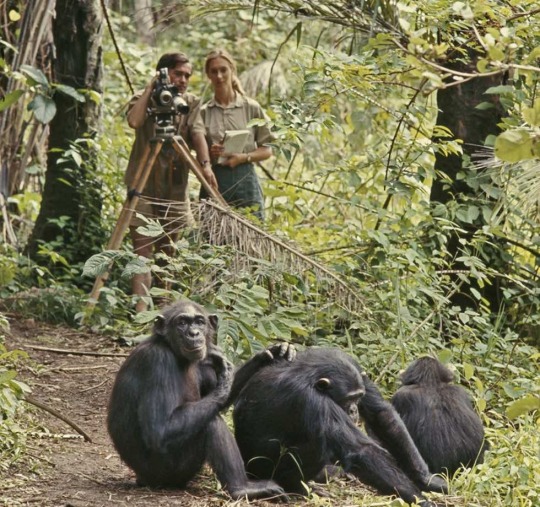
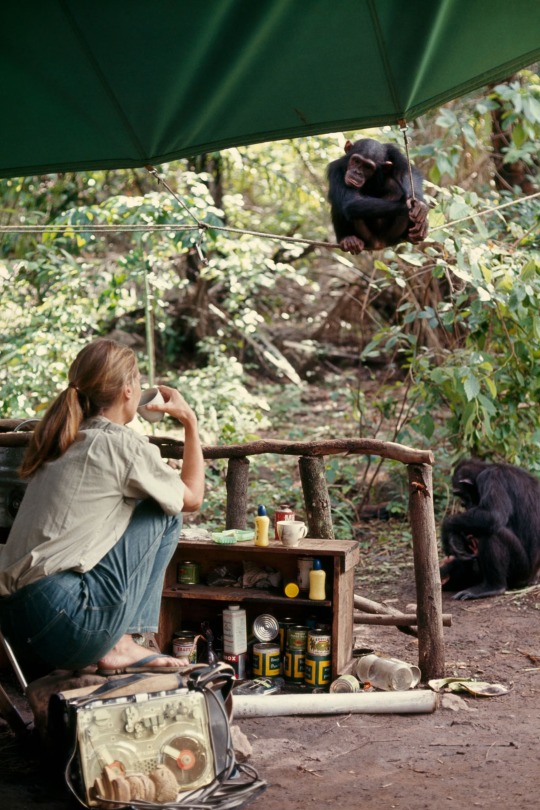
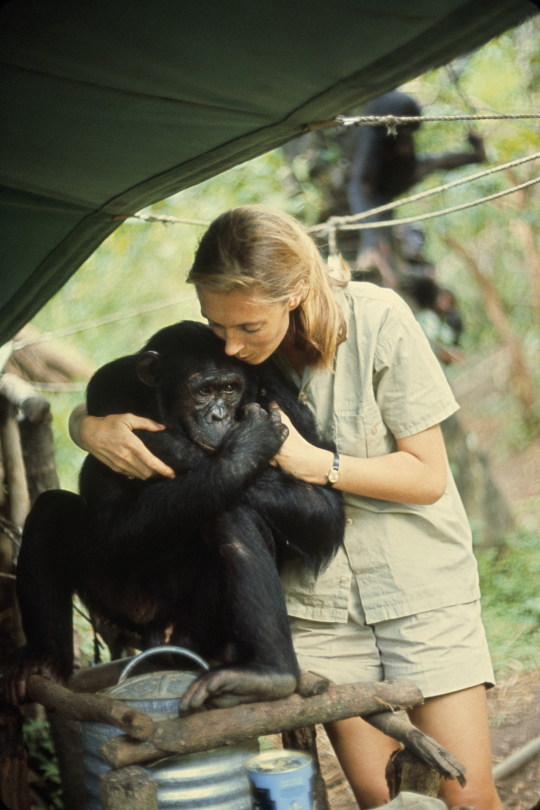
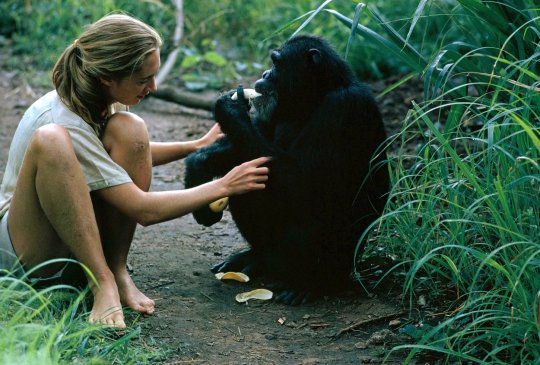
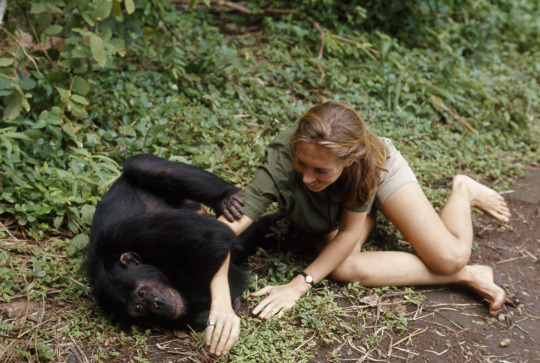
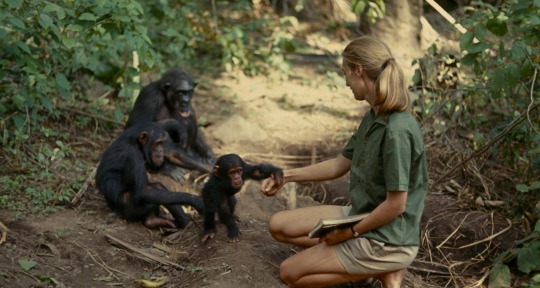
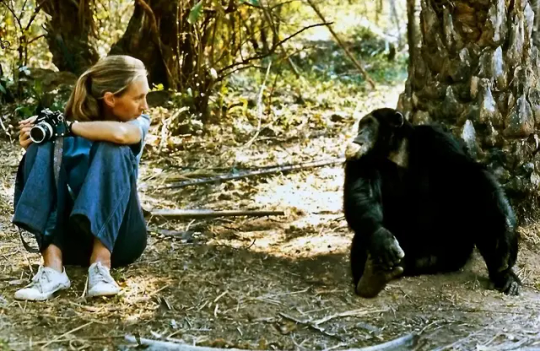
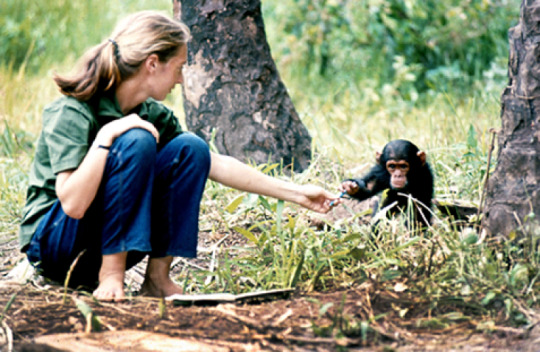
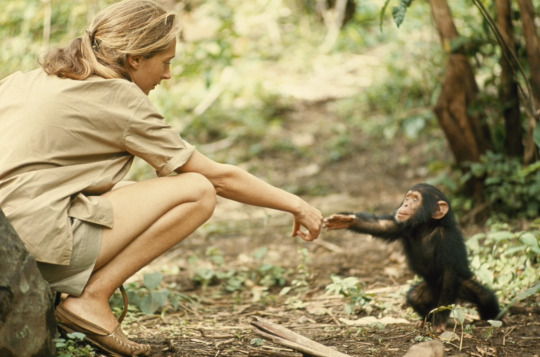
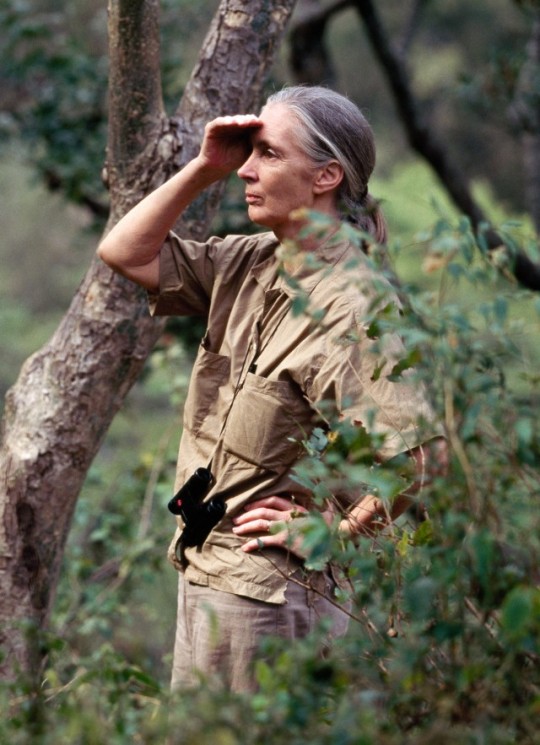
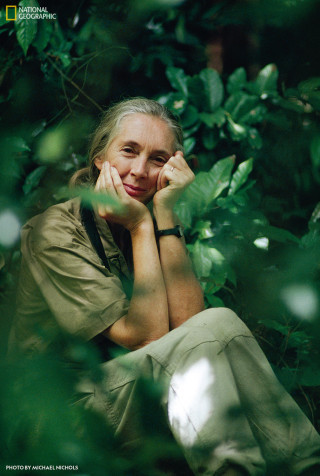
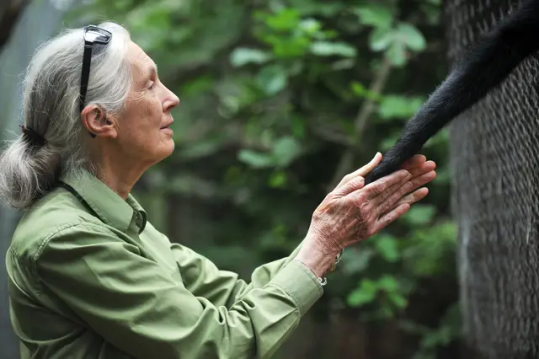
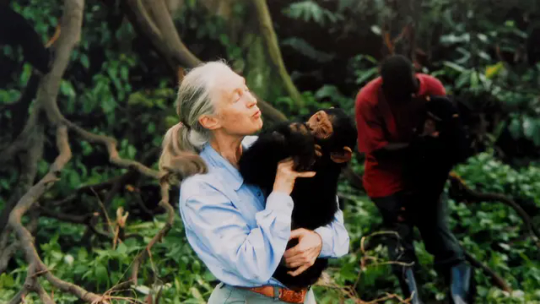
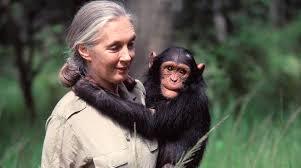
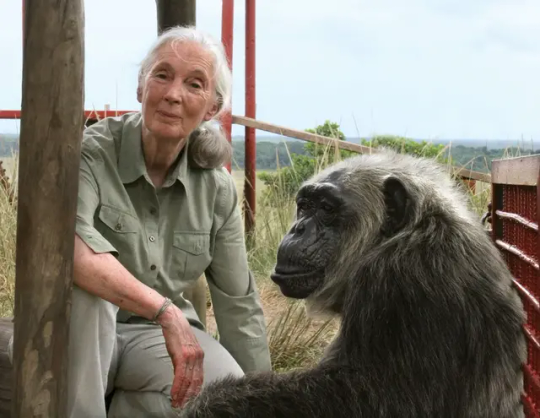
58 notes
·
View notes
Text

Jane Goodall in 1965
56 notes
·
View notes
Photo

In the end, we will conserve only what we love; we will love only what we understand; and we will understand only what we are taught.
- Dame Jane Goodall
Jane Goodall is a renowned primatologist and conservationist who is best known for her groundbreaking research on chimpanzees in Tanzania and her advocacy for animal welfare and conservation where shel has been a vocal advocate for animal welfare and conservation throughout her career.
She has also raised awareness about the plight of endangered species and worked to protect habitats and ecosystems. She is the founder of the Jane Goodall Institute, which works to protect chimpanzees and their habitats, and she has been involved in numerous other conservation organisations and initiatives.
She’s also been a big champion for the promotion of science education and has worked to inspire the next generation of scientists and conservationists. She has founded numerous educational programs and initiatives, such as Roots & Shoots, which encourages young people to take action on environmental issues in their communities.
#goodall#jane goodall#quote#conservation#conservationist#green philosophy#nature#ecosystem#animals#environment
282 notes
·
View notes
Text

117 notes
·
View notes

